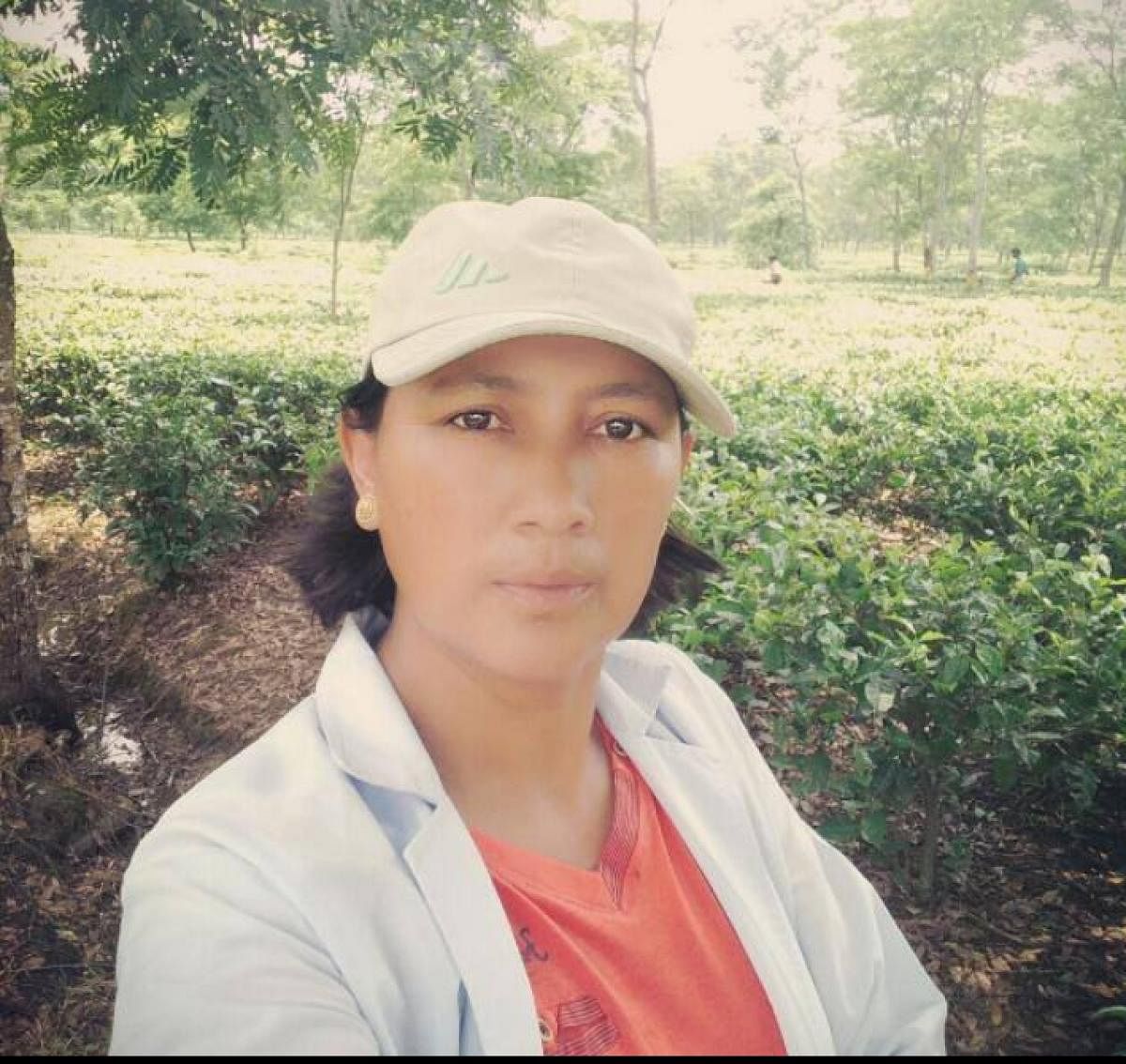Another profession from the male-only list has been scratched out.
The woman who broke the tradition is 43-year-old Manju Baruah and the profession is that of a Bara Saheb in Assam's tea gardens.
In its nearly 200-year-long history, Bara Saheb (manager) has been the boss in any of Assam's tea gardens.
With Manju being promoted as the industry's first woman tea garden manager at Hilika tea estate in eastern Assam's Dibrugarh district, nearly 2,500 wokers are in an 'akward situation.'
"Some call me sir and some Bada madam. But I don't mind," Manju, a mother of an 11-year-old girl, told local newspapers.
Manju joined the Apeejay Tea Group, who owns the tea estate, in 2000 as a trainee welfare officer and was promoted as 'Bara Saheb' in August this year.
Ever since 1830s, that is when the British had set up the tea gardens in the state, the post of a garden manager or Bara Saheb, as it is called by the workers, has been held by men.
This was the norm until Appejay Tea appointed Manju for the post.
"Since it is a labour-intensive industry, it is equally challenging for both male and female workers," Manju said, while thanking Apeejay Tea.
With more than 800 large tea gardens and numerous smaller ones, Assam continue to be the highest tea producing state in the country— It contributes nearly 56% of the nation's tea production
On the downside, the woes of nearly 10-lakh workers employed in the tea industry continue to persist.
Poor conditions including low wages and insufficient basic amenities has been a long-standing complaint of workers, most of whom are Adivasis and whose forefathers were brought to Assam for the labour-intensive work by the British from states like Odisha, Jharkhand and Madhya Pradesh.
Apart from this, poor health condition of women, high maternal-mortality rate and number of drop out children have been serious issues in Assam's tea gardens.
Manju's appointment has come as a sunshine to many, the leaders of tea garden workers are happy about it.
"This is a historic development. Women workers are more active in a tea garden, particularly in plucking tea. Now 60% of workers in many tea gardens are women but men are always preferred as their manager. We hope being a woman, she (Manju) will try to understand the problems of her women workers and address them," Deben Organg, general secretary of All Adivasi Students' Association of Assam told DH, on Saturday.
The association has been demanding hike in daily wages of tea garden workers from Rs 167 to Rs 350.
